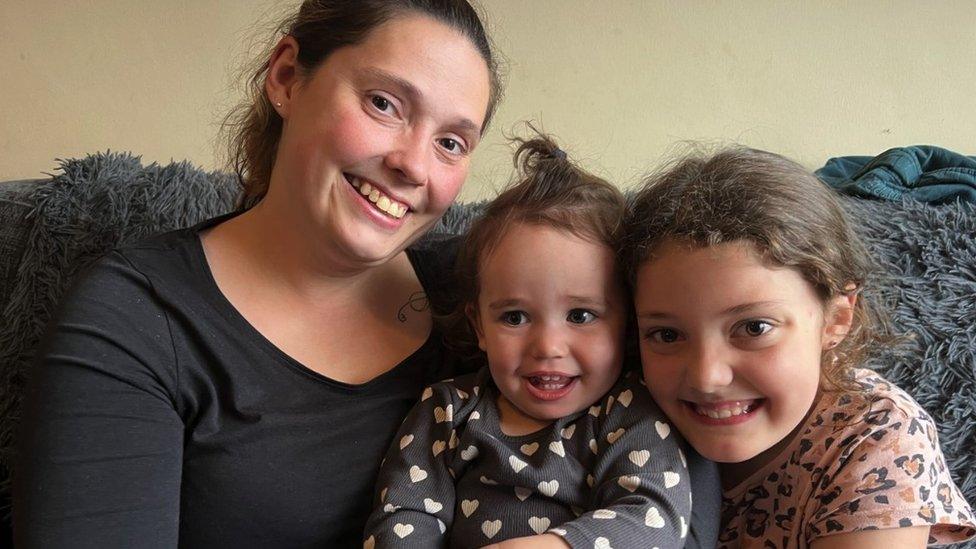Living conditions to be added to NHS records
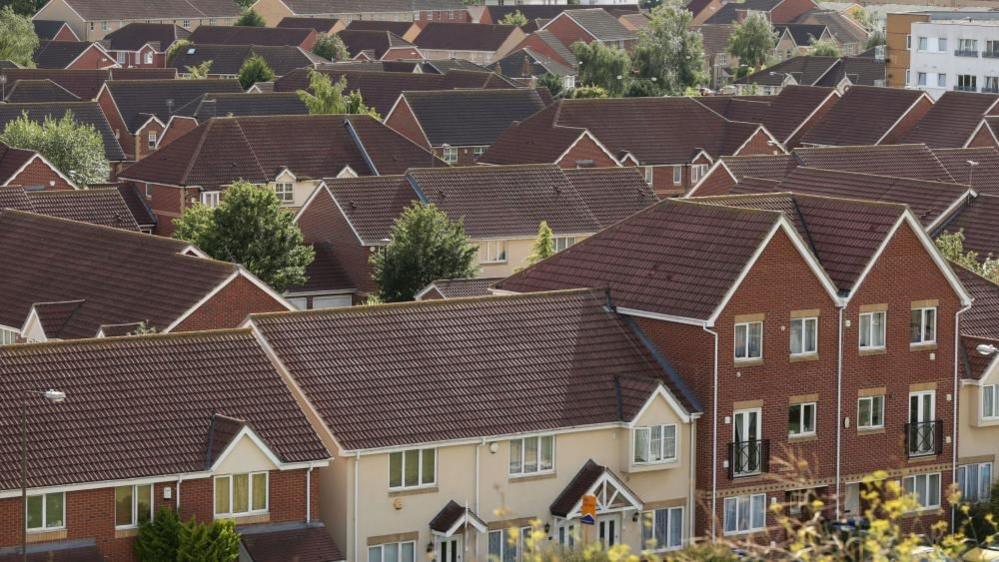
Social housing residents' living conditions will be added to their medical records
- Published
Information about living conditions in social housing is set to be added to residents' NHS records as a part of a pilot project aimed at tackling health inequalities.
Liverpool housing association Prima Group said the project, run in partnership with Mersey Care NHS Foundation Trust, would help "identify patterns linking social housing conditions to various health outcomes".
Each year, the NHS in England spends an estimated £1.4bn on treating illnesses associated with living in cold or damp housing, according to building research body BRE, external.
The project, set to start in early 2025 in Merseyside, is said to help develop a framework for similar partnerships between social housing providers and the NHS across the UK.
Reports since 2000 have shown that only a half of rented accommodation meets the required standard, with homes having many problems such as damp, mould and poor heating.
In 2020, two-year-old Awaab Ishak died as a result of mould in his home in Rochdale.
The previous, Conservative government promised "Awaab's law" would force social housing landlords in England to fix mouldy properties more quickly - but it was not introduced.
Labour's new renters' rights bill would make these requirements compulsory for social and private landlords.
'Bridging the gap'
The housing information securely shared with the NHS would include details about a patient's living conditions, accessibility needs and neighbourhood, Prima Group said.
The association added: "An example of how data sharing could help people is if a resident speaks to a health professional about a respiratory illness.
"This may mean prioritising this tenant's home for energy efficiency upgrades to reduce the risk of damp and mould and ease their symptoms."
The data sharing would be conducted "with the highest standards of confidentiality and data protection, and will be anonymised", Prima Group said.
Chief executive John Ghader said: "Housing associations have a key role in reaching groups facing some of the biggest health inequalities and providing preventative support services to people in their homes.
"When we get this right, we see tenants maximise their independence and reduce demand on the health service."
Mersey Care chief executive Joe Rafferty said: "By bridging the gap between social housing and healthcare, we're setting a precedent for how organisations can collaborate in truly innovative ways to enhance the lives of the communities we serve."
"This project underlines our belief that everyone deserves access to comprehensive healthcare solutions, tailored to their unique circumstances."
Listen to the best of BBC Radio Merseyside on Sounds and follow BBC Merseyside on Facebook, external, X, external, and Instagram, external. You can also send story ideas to northwest.newsonline@bbc.co.uk, external and via Whatsapp to 0808 100 2230.
Related topics
- Published9 January 2024

- Published24 July 2024
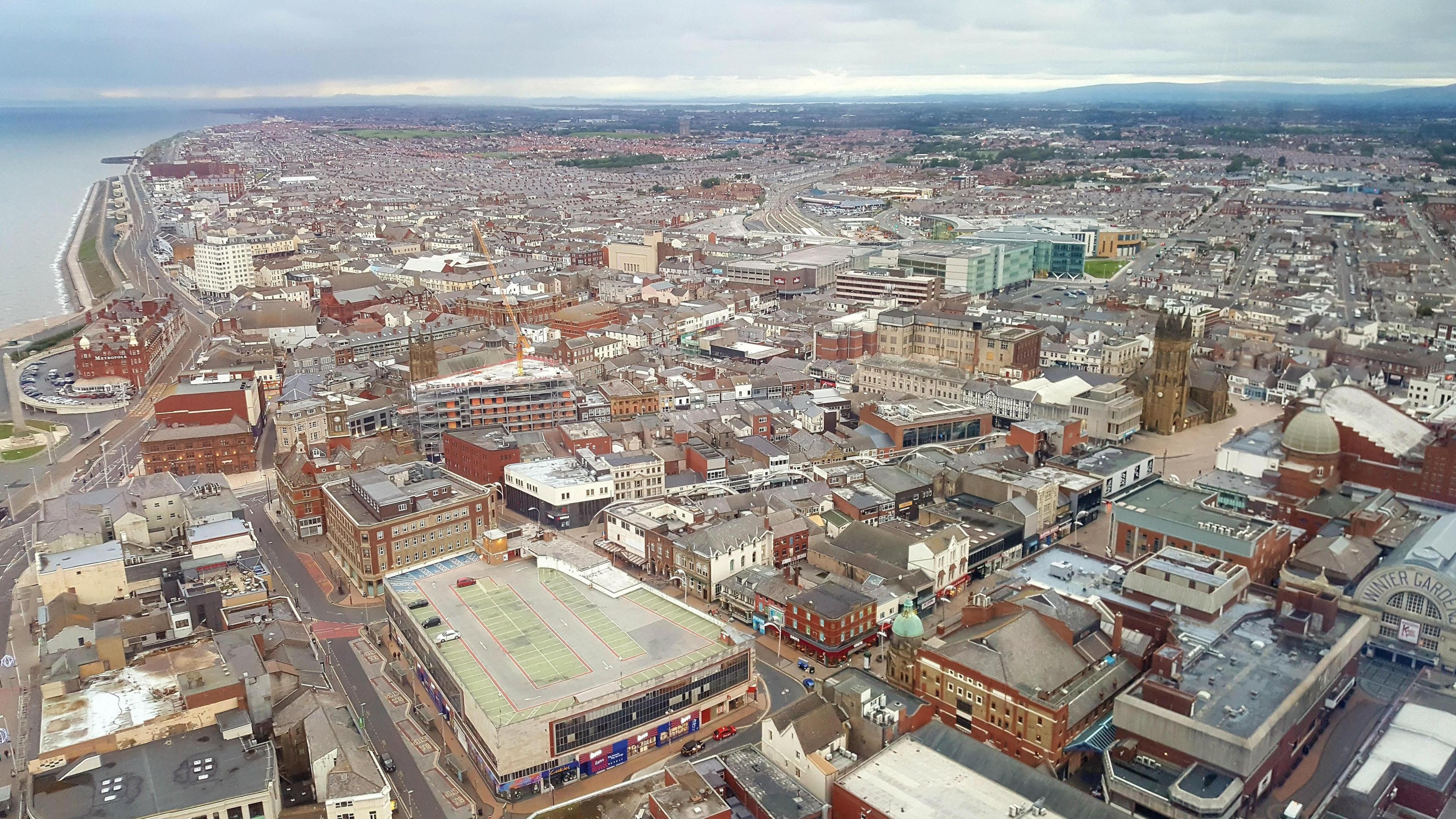
- Published13 February
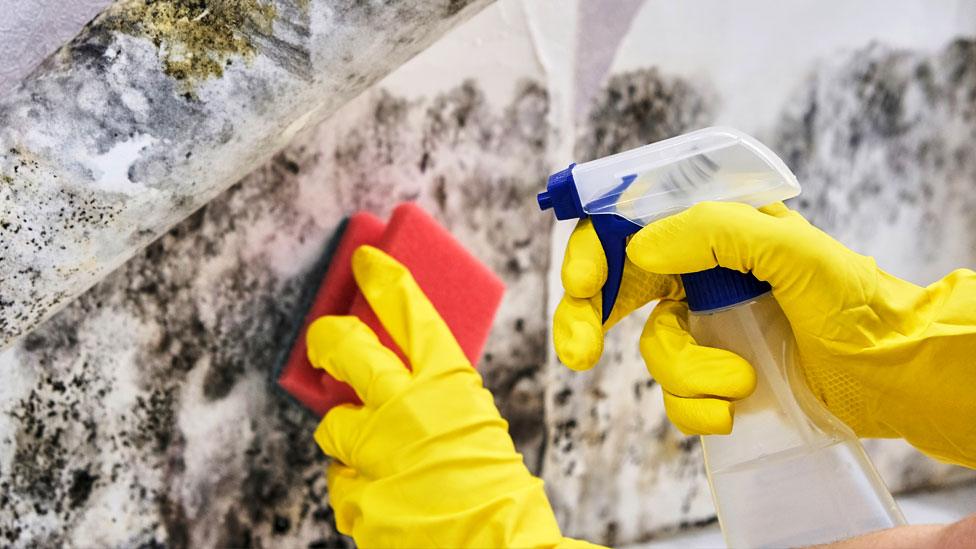
- Published21 July 2024
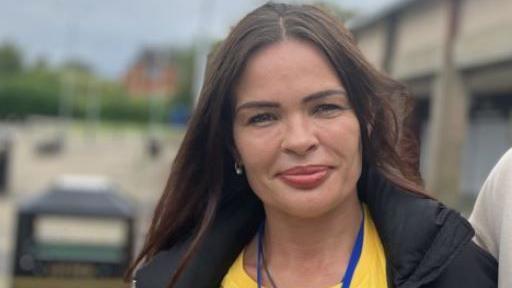
- Published25 September 2023
